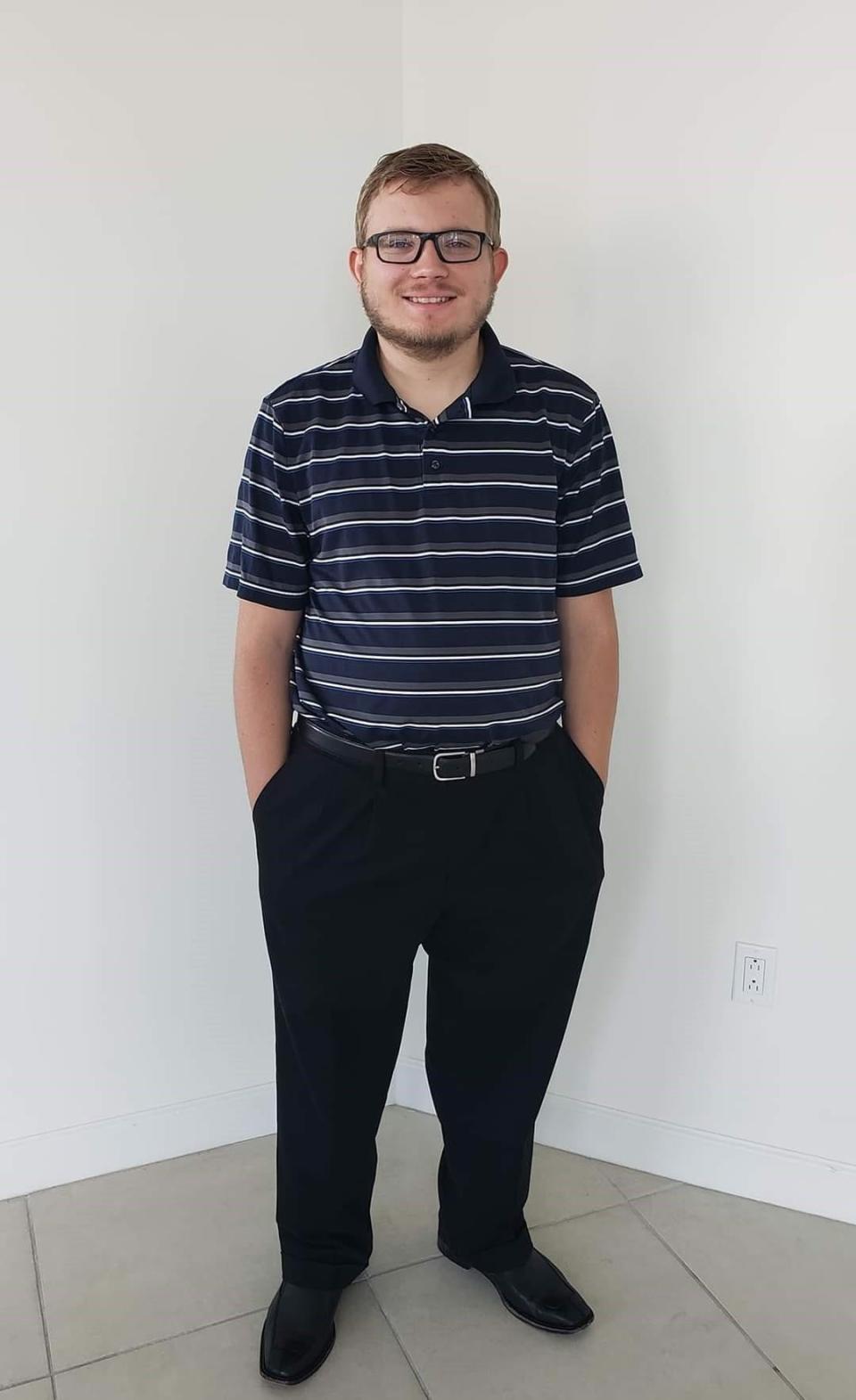My son has autism. Our society has gotten used to him, but it still won't include him.
“Why doesn’t (insert company name) want me? Why don’t I have any friends?”
My son Ryan is 27 years old, and he has autism. These are a couple of the questions he asks me after a job interview ends with a “no” (they all do), or when his younger brother brings his friends or girlfriend to the house. Ryan is painfully aware of what is missing in his life. He even has names for sons he will likely never have — Gavin and Nicholas.
Although autism affects everyone on the spectrum in varying degrees, in general, people with autism have difficulty finding employment and friends. Ryan doesn’t have the emotional or cognitive IQ level equal to most people in his age group — far from it — but he is limited more by what society allows him to do than his autism. It is time we, as a society, finally move beyond awareness to inclusion.
Move beyond acceptance
Twenty years ago, when Ryan was diagnosed, most people still didn’t know what it was or how to interact with people with autism or their families. We fear what we do not understand.
Today, it is difficult to find a person who does not know someone with autism. We know what it is. We are aware. Acceptance means you can spend time in a room with a child having an uncontrollable outburst and not blame it on “bad parenting,” or gawk when an adult makes atypical sounds or motions. Those cases are easier to spot and react to with “acceptance.”

However, autism isn’t always easy to detect. The man you berated in your Google review or reported to the manager as being “rude” because he answered your question with a short statement, didn’t make eye contact and didn’t smile, also had autism. That’s why companies are not willing to hire people who are different — society doesn’t accept them. Notice I said “different” and not “unable to do the work.”
Hiring managers worry that their customers or employees will not be comfortable with “different.” That uncomfortableness with “different” is also the reason people with autism and their families are often not invited into social circles. And there are consequences to indifference.
My son wants to participate
People with autism often fall between the cracks. Ryan has no income and no health insurance. He is too “different” to be employed, yet not handicapped enough to receive health insurance or other benefits. Last year, when Ryan turned 26, my employer’s insurance board ruled he was not handicapped enough to remain on my insurance. In addition to autism, he has epilepsy, and his medications cost $1,400 every month to keep him alive. This is a heavy burden on our family.
The government also denies most cases for assistance to people with autism. But he doesn’t want assistance, he wants what most people want — to work and feel the satisfaction of a job well done, to earn an income, to contribute and to have an identity outside of our home.
Rethink empathy and autism: I'm married. I'm also autistic. But being on the spectrum has made me a better husband.
If society doesn’t change, he will never reach full employment with benefits. Without health care and employment, and without friendships, Ryan is not living his life as fully as he could, if only society accepted him.
How can you make a difference? April is Autism Awareness Month. There are many opportunities in your local community to interact with the autism community, show you are “aware” and signal you have moved to the “acceptance” stage. Some people will change out their white front porch light to a blue one during the month of April. Others will run a 5K race and raise money for nonprofit organizations such as Autism Speaks.
Zoom school: Remote learning failed my third-grader miserably. I pulled her out of public school.
These are all nice things to do. However, I challenge you to move to the “inclusion” stage and make a huge impact. Tell companies that you are OK with “different.” Invite people with autism and their families into your social circles. That is how you can enrich their lives.
Finally, it’s important to point out that employing and including people with autism is not a form of charity. It is recognizing their value because they have much to give.
Get used to different.
Debbie Price lives in Palm Beach Gardens, Florida. This column originally appeared in the Palm Beach Post.
You can read diverse opinions from our Board of Contributors and other writers on the Opinion front page, on Twitter @usatodayopinion and in our daily Opinion newsletter. To respond to a column, submit a comment to letters@usatoday.com.
This article originally appeared on Palm Beach Post: Autism Awareness Month challenges society to move toward inclusion

 Yahoo Movies
Yahoo Movies 
